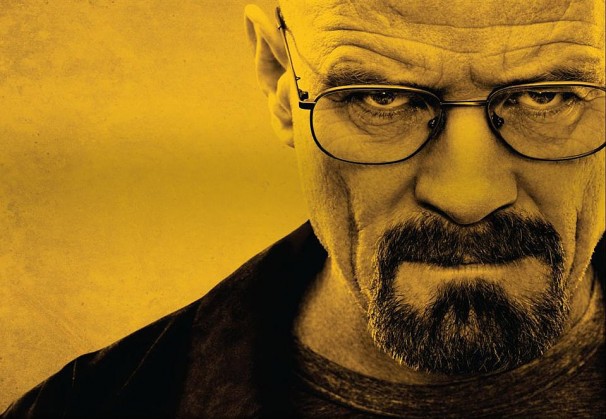
Those who saw the most recent episode of “Breaking Bad” will notice that Walter White’s journey from “Mr. Chips to Scarface” — a phrase creator and executive producer Vince Gilligan once used to describe his show — has reached its climax.
Yet the events of this climax bring make audiences question whether the issue of not knowing who to even root for anymore. In recent years, several critically acclaimed drama series have been contingent on a central male antihero as the main character. It is hard to call them the hero or protagonist of the story, because while the story follows them, and we are coaxed to root for them, these men hardly do anything considered upstanding. And with the number of antiheroes that have graced the small screen in recent years, it may be time to move on from this trend.
Looking at this year’s Emmy nominees for Outstanding Lead Actor in a Drama Series, one would notice that all of the nominated characters are guilty of some pretty unforgivable actions, the worst of which being murder and that one applies to more than one nominee. However, Don Draper and White are currently some of TV audiences’ favorite characters.
Viewers have become so conditioned to cheer on bad behavior that if one takes a step back and analyzes the cable dramas and incoming network shows, many of the main characters are criminals. Look at AMC’s “Low Winter Sun” or FX’s “Sons of Anarchy” or NBC’s new “The Blacklist.” The leads of those shows are crooked cops, a biker gang and a Hannibal Lecter knock-off respectively — and these are the people the show expects us to love.
“Breaking Bad” is the most extreme of these examples. Throughout the show, we have no idea who we’re supposed to hate — Walt has frequently made decisions solely driven by money and has betrayed or isolated everyone he has ever loved. He has left a trail of drug addiction, organized crime and murders behind him. And yet, a strong portion of the show’s audience hates Skyler, as evidenced by Anna Gunn’s opinion piece in The New York Times, with viewers jumping down her throat at the first display of bad behavior.
It’s questionable how we are made to root for Walt and hate anyone who gets in the way of his drug ring. The same goes for the way we support Draper’s extramarital affairs on “Mad Men,” or Sgt. Brody’s terrorist plots on “Homeland.” In reality, these are not people most audience members would want to spend their time with.
It would be refreshing to start seeing protagonists that are actually protagonists, along the lines of the honorable Coach Taylor from “Friday Night Lights.” The era of the antihero has been fun, but it has overstayed its welcome, as characters do not need to be evil to be complex and exciting. Even TV executives are frustrated with the trend, as evidenced by FX’s CEO John Landgraf. During a recent discussion at the Television Critics Association press tour, he said, “I can’t imagine a protagonist darker than Walter White. That’s the end of the road for out-darking each other — this nuclear arms race of darkness has ended.”
With the sentiment changing both behind the camera and in front of the screen, we should probably watch who we cheer for from now on, before every show starts to feel like watching the actual Hunger Games.
A version of this article appeared in the Wednesday, Sept. 18 print edition. Marcus Jones is a staff writer. Email him at [email protected].





















































































































































